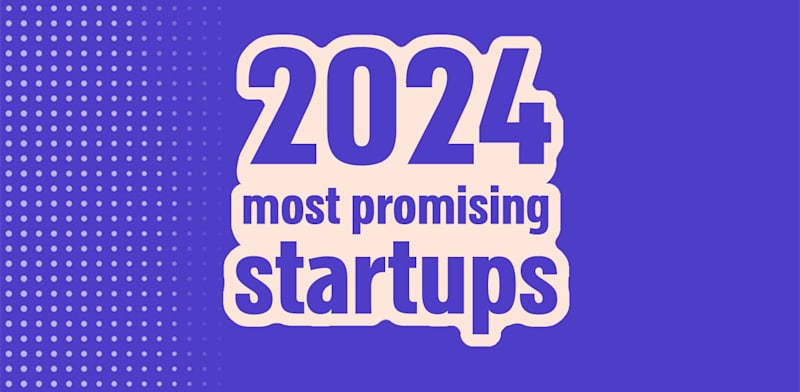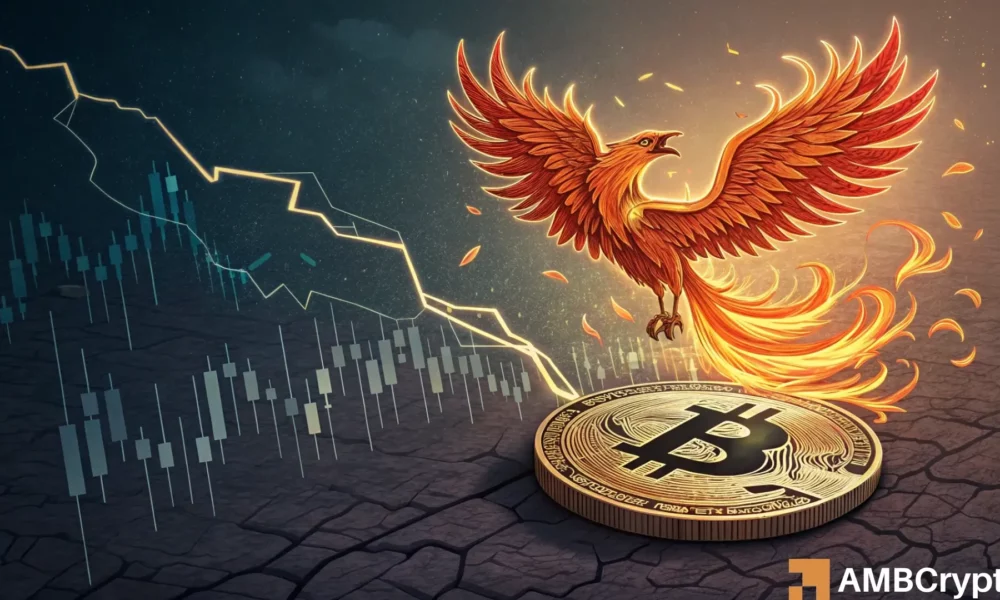A new trend seems to be taking hold in Israel’s tech sector. After a year of almost complete stagnation, secondary trading in private technology companies is coming to life, but this time with an interesting twist: the entrepreneurs themselves are leading the movement.
“This is a precedent that we have not seen in the past,” Moran Chamsi, managing partner at secondary fund Amplefields tells “Globes.” “Entrepreneurs and companies are beginning to themselves contact secondary funds instead of waiting for external offers.”
This change marks a dramatic shift in the attitude of Israeli tech companies to the secondary market. During 2023 and into early 2024, trading in private company shares went into a coma. One reason, Chamsi explains, is an unbridgeable gap between expectations of sellers and buyers. He says, “In early 2024, we saw companies that were valued at a discount of 60% of their valuations, and the parties simply could not meet. It was difficult to bridge the gap between the real value and the value that the company had received in 2021.” So, while buyers demanded significant discounts in light of changing market conditions, sellers had difficulty coming to terms with the dramatic decline in value. In effect, a situation was created that could be likened to a game of chess – except that in this case neither player was willing to make the first move.
Israeli companies are undergoing a transformation
The new reality of 2024 created challenges for tech companies. They were required to maintain a balanced budget while at the same time retaining their talented employees. The new conditions led to a change in the entrepreneurs’ perception of the secondary market.
Many employees in these companies hold options, but exercise these options requires the employee to invest money by paying the exercise price and tax, without having an immediate way to sell the shares and recoup the money. In contrast, when a company allows employees to sell on the secondary market, the employee can receive immediate financial compensation. Instead of raising salaries or handing out bonuses – steps that increase the company’s expenses – employees can convert some of their options into cash. In other words, this is a solution that allows companies to retain employees and reward them without increasing costs.
This change is also reflected in the numbers. According to data from the world’s largest trading companies, Israeli companies have undergone a transformation. If in the past they feared that selling shares on the secondary market would damage their reputation, today they actually encourage it. Moreover, they are willing to approve deals, even when the share price is significantly lower than the valuation in the company’s last financing round.
RELATED ARTICLES

“Globes'” ten most promising startup of 2024
Wall Street beckons new wave of Israeli tech IPOs
Israeli unicorns struggling to resume growth
Among Israeli companies exemplifying this change is fintech company Tipalti. The company, which has developed an automated payment system for suppliers and has hundreds of employees in Israel, raised capital in December 2021 at a valuation of $8.3 billion. The price per share was $ 17.12 at the time. Today, the same share is offered on the secondary market for $ 5.50 – a discount of 68%.
Another Israeli example is code security company Snyk, which has become a leader in its field. Snyk’s shares are currently trading at $5.50 per share – a 52% discount on its most recent financing round. In the past, the company was valued at $8.5 billion but today the secondary market prices it at about $3.5 billion.
Israeli fintech company HoneyBook, a platform for managing small businesses that has grown significantly in recent years, is also currently offered on the secondary market at a price of $5.16 per share – a 47% discount from its last round, which closed at $9.67 per share in November 2021. Sisense, an Israeli analytics company that allows organizations to analyze data intelligently, has experienced a significant fall in value. Its shares are currently trading on the secondary market at a 71% discount – with the price falling from $5.20 per share to $1.50. BigID, which has developed information security and privacy technology, now sees its shares trading on the secondary market at a 46% discount.
Price lists that look like the Yad 2 second-hand sales website
A source working in the secondary market compares these price lists to the Yad 2 (second hand) website. According to him, “They show the prices at which people want to buy or sell. It is important to understand that not all of these prices lead to actual deals, but when deals do close, the final price usually ranges up to 15% above or below the asking price. These are the prices that are currently ‘running’ in the market and this information, which comes from investment bankers, reflects the mood of the market even if the specific deal doesn’t close at this exact price. In other words – the price lists give a good indication of trends.”
“What is interesting,” Chamsi emphasizes, “is that these discounts do not prevent companies from approving the deals. On the contrary, we are seeing more and more Israeli companies that understand that the secondary market is an important tool in their toolbox.” He explains that instead of raising salaries or handing out bonuses that weigh on cash flow, companies can allow employees to sell some of their shares. “It’s a win-win,” he says. “Employees get liquidity, and the company, in turn, preserves its cash for ongoing operations.”
“These discounts are no longer seen as a negative sign. On the contrary, they represent a recognition of market reality and an understanding that liquidity is a strategic asset,” explains Chamsi. This is a sharp change from the approach that prevailed in 2021 and 2022, when companies treated every discount as damage to their reputation.
“The terminology itself has changed, we’re not just talking in terms of discount,” says Chamsi. “There are additional metrics such as multiples that we take into account to re-price the company now, or for example a comparison with other similar growth rate companies or companies with similar activities that are currently traded on the public market.”
The change that makes valuations more accurate
Another phenomenon that emerges from secondary market data is the fact that investors price companies in different ways depending on their field of activity. Chamsi explains, “We find dramatic differences between different sectors.” An example of this can be found in what is happening AI companies. CoreWeave, which specializes in AI infrastructure, is currently trading at a 35% premium over its last round. This is a rare situation that reflects, among other things, the great trust that the market has in companies in the “hot” field of AI.
In contrast, software-as-a-service (SaaS) companies like Grammarly, which were once the stars of the market, are now trading at a 50% discount from the last round. In the fintech sector, the situation is even more challenging, with companies like Tipalti trading at a discount of nearly 70%.
Chamsi says, “We are in a thrilling transition period. Investors today not only look at the numbers but genuinely go deeper in order to understand the field, the technology, and the growth potential.” He adds that this change brings more accurate valuations reflecting the business reality of each company.
The secondary market has become, among other things, a kind of “bridge” that allows liquidity for investors and employees in the interim period until the reopening of the IPO window. “We’re talking about a two-to-three-year bottleneck for companies that want an IPO,” explains Chamsi, “NASDAQ and other stock exchanges can’t absorb tens of thousands of IPOs at once.” As a result, the “logjam” combined with the increasing pressure on companies to show profitability and positive cash flow creates significant pressure on liquidity in the short and medium term.
Responses
Sources close to “Honeybook” told Globes that, as of today, in some private companies, the main option for investment is through the secondary market, given that the companies are not launching new financing rounds. But this creates a significant challenge. Usually, investors who are interested in companies in the more advanced stages want to invest large sums – around $100 or $200 million. The problem is that employees in the companies don’t have enough shares to sell for such large sums, which makes the deals challenging. He adds that, as mentioned, it is possible to buy shares on the secondary market either from employees or from existing investors, but often existing investors are not interested in selling their holdings.”
BigID said, “The IPO markets for tech companies have been largely closed in recent years. We believe that as the markets return to a normal IPO rate, demand for shares of growth companies will also increase and the prices of private securities will rise accordingly.”
Tipalti said: “There are no secondary deals at Tipalti. In Israeli companies, board approval is required for every share transaction.” No response was received from Sisense and Snyk.
Published by Globes, Israel business news – en.globes.co.il – on January 7, 2025.
© Copyright of Globes Publisher Itonut (1983) Ltd., 2025.







Leave a Comment